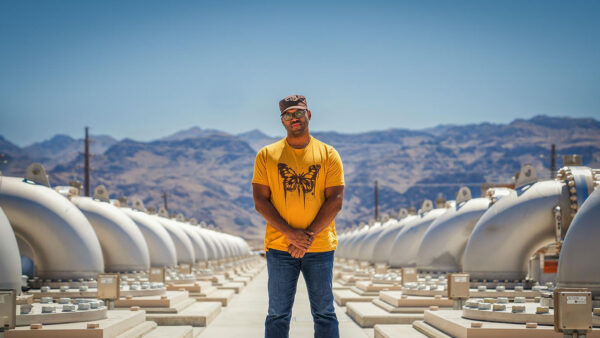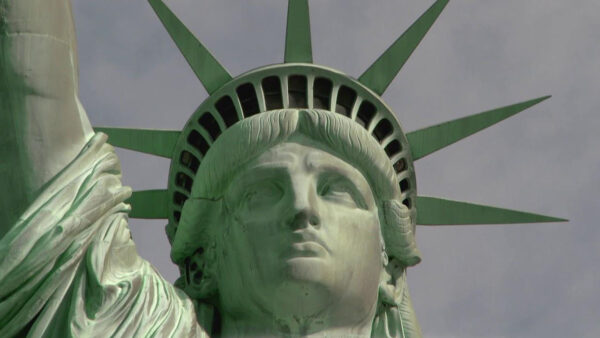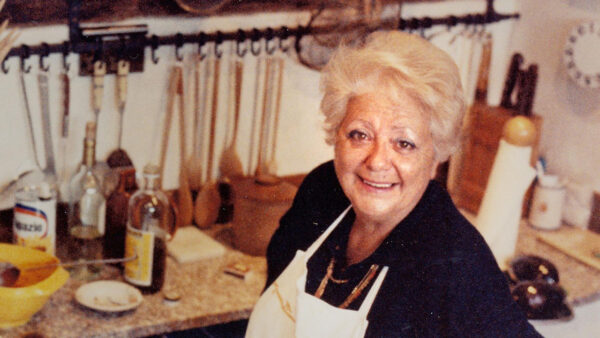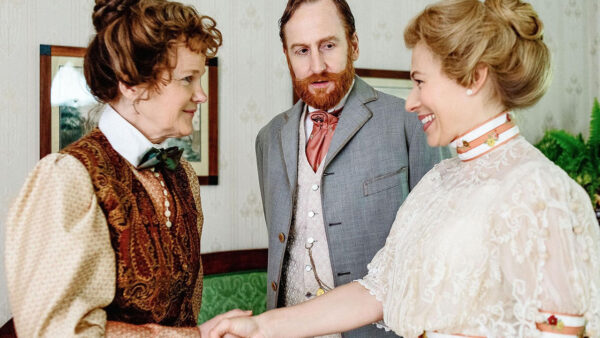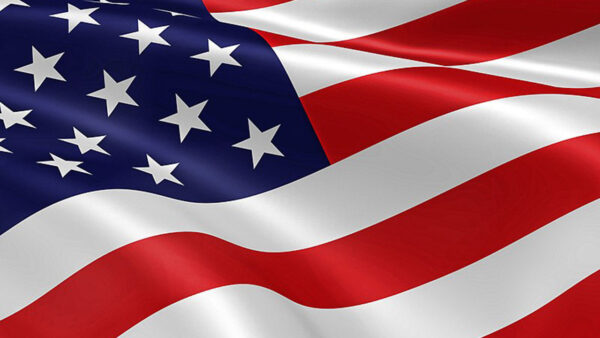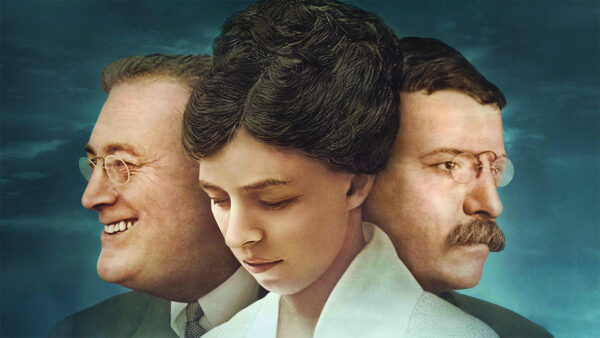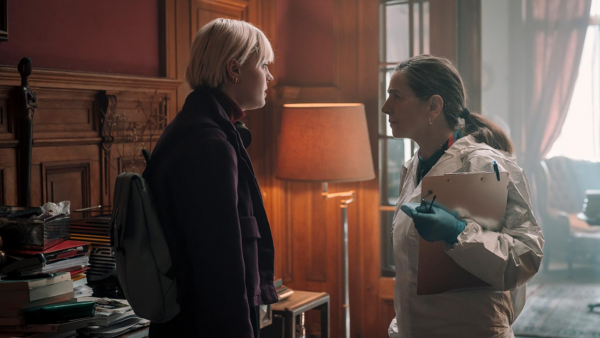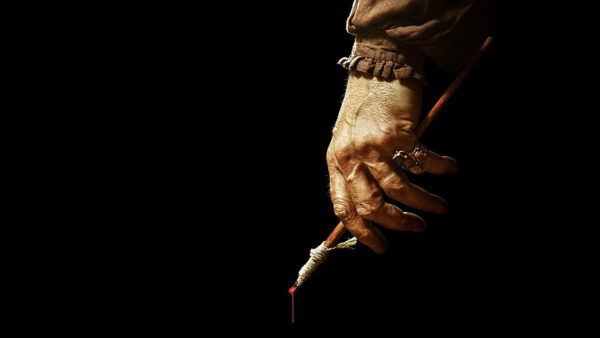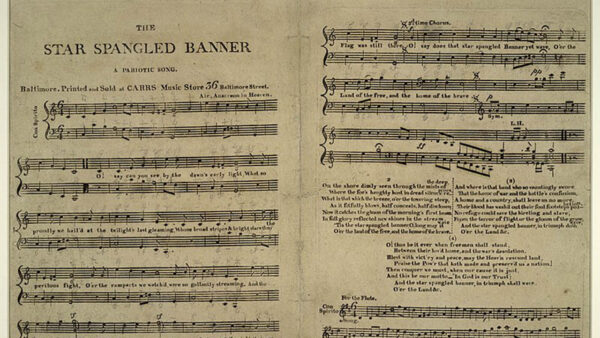Premieres Sunday, Sept. 18 at 7 p.m.
Parts 2 and 3 air Tuesday, Sept. 20 and Wednesday, Sept. 21 at 7 p.m. each night
THE U.S. AND THE HOLOCAUST, a new three-part documentary directed and produced by Ken Burns, Lynn Novick and Sarah Botstein, explores America’s response to one of the greatest humanitarian crises in history. The film examines the rise of Hitler and Nazism in Germany in the context of global antisemitism and racism, the eugenics movement in the United States and race laws in the American south. The series, written by Geoffrey Ward, sheds light on what the U.S. government and American people knew and did as the catastrophe unfolded in Europe.
Combining the first-person accounts of Holocaust witnesses and survivors and interviews with leading historians and writers, THE U.S. AND THE HOLOCAUST dispels competing myths that Americans either were ignorant of the unspeakable persecution that Jews and other targeted minorities faced in Europe or that they looked on with callous indifference. The film tackles a range of questions that remain essential to our society today, including how racism influences policies related to immigration and refugees as well as how governments and people respond to the rise of authoritarian states that manipulate history and facts to consolidate power.
The film also offers little consolation to those who believe that the challenges posed by nativism, antisemitism, xenophobia and racism are buried deeply and permanently in the past. “The institutions of our civilization [are] under tremendous stress,” warns writer Daniel Mendelsohn, who shares his family’s story in the film. “The fragility of civilized behavior is the one thing you really learn, because these people, who we now see in these sepia photographs, they’re no different from us. You look at your neighbors, the people at the dry cleaner, the waiters in the restaurant. That’s who these people were. Don’t kid yourself.”
Ultimately, THE U.S. AND THE HOLOCAUST features a fascinating array of historical figures that includes Franklin D. Roosevelt, Charles Lindbergh, Dorothy Thompson, Rabbi Stephen Wise, and Henry Ford, as well as Anne Frank and her family, who applied for but failed to obtain visas to the U.S. before they went into hiding. This unexpected aspect of the Franks’ story underscores an American connection to the Holocaust that will be new to many viewers.








